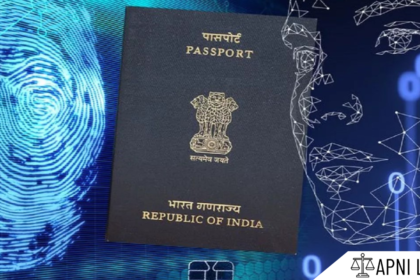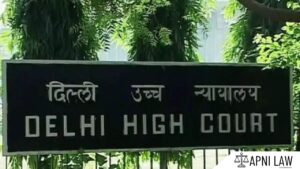Delhi High Court Grants Extraordinary Pension & Rs. 35 Lakh Compensation To Employee’s Widow
The Delhi High Court has ruled that the widow of an ITBP officer is entitled to an extraordinary pension and ex-gratia compensation. The court held that the officer’s death was connected to extreme service conditions.
Background of the Case
An Indo-Tibetan Border Police Force (ITBPF) Inspector served for over 30 years in extreme locations like Jammu & Kashmir, Leh-Ladakh, Himachal Pradesh, Sikkim, and Arunachal Pradesh. While posted in the 54th Battalion at Ziro, Arunachal Pradesh, he suffered a cardiac condition. He later passed away on March 18, 2016, in Guwahati, Assam.
His widow applied for an ex-gratia payment and an extraordinary pension under Rule 3-A of the Central Civil Services (Extraordinary Pension) Rules, 1939. The authorities rejected her request. She sought information under the Right to Information Act, 2005, regarding her husband’s death and denial of benefits. However, the authorities denied her access to these records.
In 2021, she received Rs. 3.81 lakh as leave encashment. Dissatisfied, she sent a legal notice on October 8, 2021, demanding an ex-gratia payment of Rs. 35 lakh. The authorities again rejected her claim on December 24, 2021. She then filed a writ petition challenging the rejection.
Arguments by the Petitioner
The employee’s widow argued that her husband’s death resulted from negligence and delay in medical treatment. She emphasized that he was medically fit (SHAPE-1) before his last posting.
She highlighted that:
He served in “Hard Area” postings.
The Standing Order No. 02/2016 of ITBPF classified the 54th Battalion’s location as a Hard Area.
The Department of Personnel and Training’s (DoP&T) Office Memorandum (OM) dated August 4, 2016, supported her claim.
She contended that his prolonged service in extreme weather conditions aggravated his health issues.
Arguments by the Respondents
The authorities claimed the officer died of natural causes. They cited a medical report stating he suffered from a heart attack, kidney failure, and coronary artery disease. They argued that these conditions were unrelated to service hardships.
The respondents also asserted that:
Rule 3-A of the CCS (Extraordinary Pension) Rules applies only if death is directly linked to service conditions.
The petitioner had already received financial benefits.
Court’s Findings & Decision
The court observed that the officer served in extreme conditions for decades. He was classified as SHAPE-1 in his last medical evaluation. The authorities also failed to provide medical records or inquiry reports.
Key court observations:
The officer’s death occurred during active duty in a hard-area posting.
Delays in medical care contributed to his death.
His death falls under Category ‘B’ of the EOP Rules, entitling his widow to an extraordinary pension.
She is also entitled to an ex-gratia payment of Rs. 35 lakh under clause 12.1 of OM dated 04.08.2016.
Final Verdict
The court directed the authorities to:
Pay Rs. 35 lakh in compensation with 8% interest per annum.
Sanction the extraordinary pension with arrears within 12 weeks.
The writ petition was allowed in favor of the petitioner.











